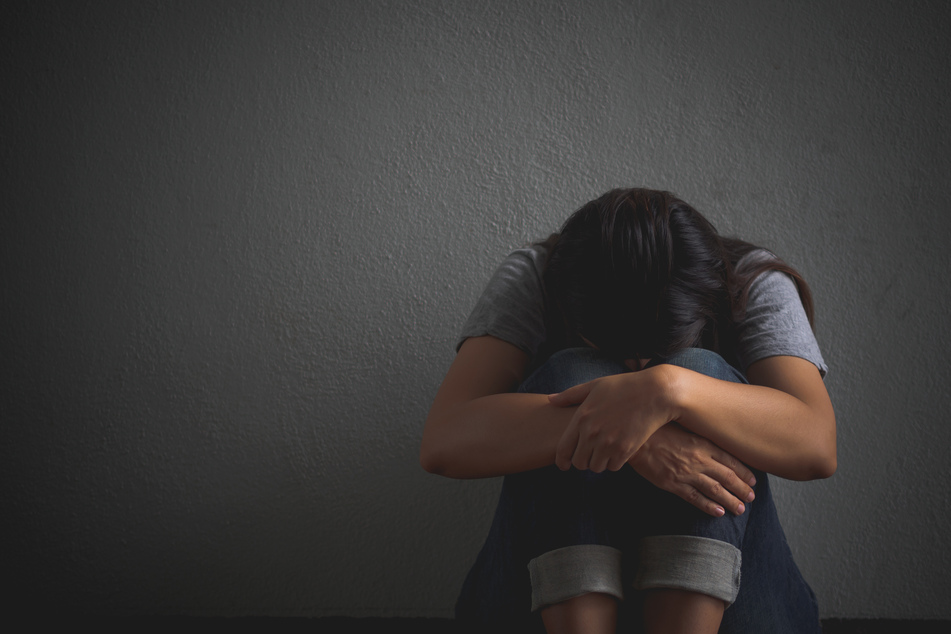Coronavirus patients have an increased risk of mental health problems
Oxford, UK - One in three coronavirus sufferers experienced subsequent mental health problems in a new study that compared Covid-19 with other respiratory illnesses.

Lancet Psychiatry journal published a study on Tuesday which found that patients with Covid-19 were more likely to have neurological or psychological problems as compared with people with similar infections.
About one-third of the overall people studied experienced neurological or mental illness within six months of being diagnosed with Covid-19.
Researchers also found a 44% higher risk of anxiety disorders and mood swings after coronavirus than with other similar viruses, like the flu.
"Covid-19 is followed by significant rates of neurological and psychiatric diagnoses over the subsequent six months," said co-author Max Taquet of Oxford University.
"Brain disease and psychiatric disorders are more common," he added.
The research team noted that the exact reasons are still unclear and that longer-term data is needed.
236,000 patients were analyzed through digital data, most of whom were treated in the US.
The most common diagnoses in the post-coronavirus patients studied were anxiety disorders, mood disorders, and insomnia. In a few rare cases, some patients suffered from a stroke or brain hemorrhage.
It's important that social and mental health services are put into place "to deal with this anticipated need," the researchers said.
Lockdowns have caused a rise in anxiety and depression
The consequences of isolation from lockdowns and quarantines have caused anxiety and depression to rise during the pandemic.
Past studies have found a connection between other neurological diseases and respiratory infection, but Covid-19 and its variants are relatively new to science data.
The Oxford researchers pointed out that although it is clear mental illness has climbed, more research is needed about post-Covid effects on brain health.
Cover photo: 123rf/Siam Pukkato